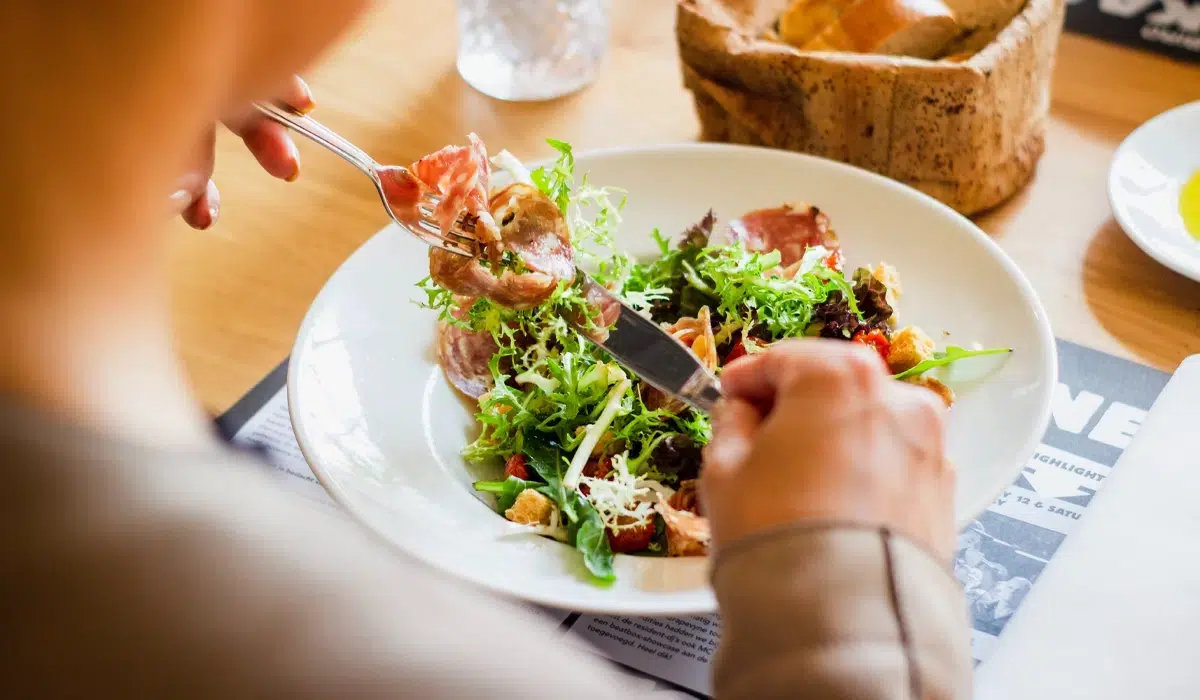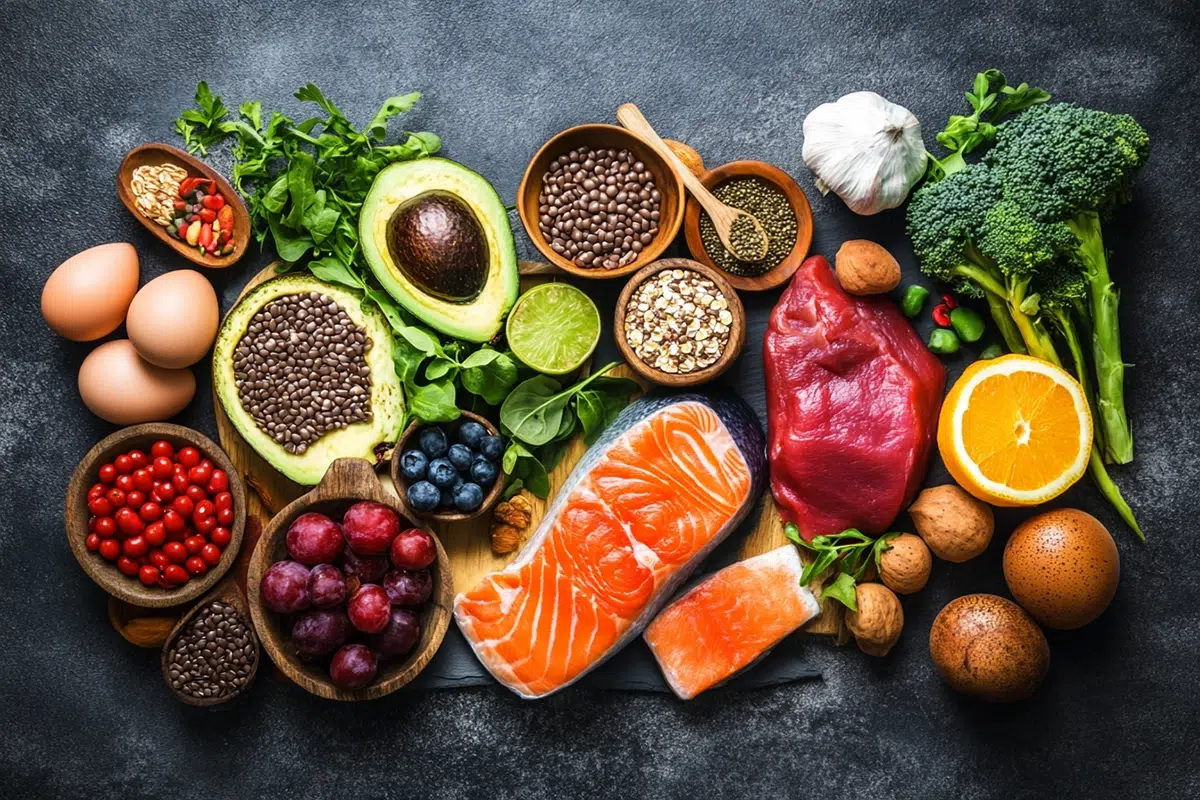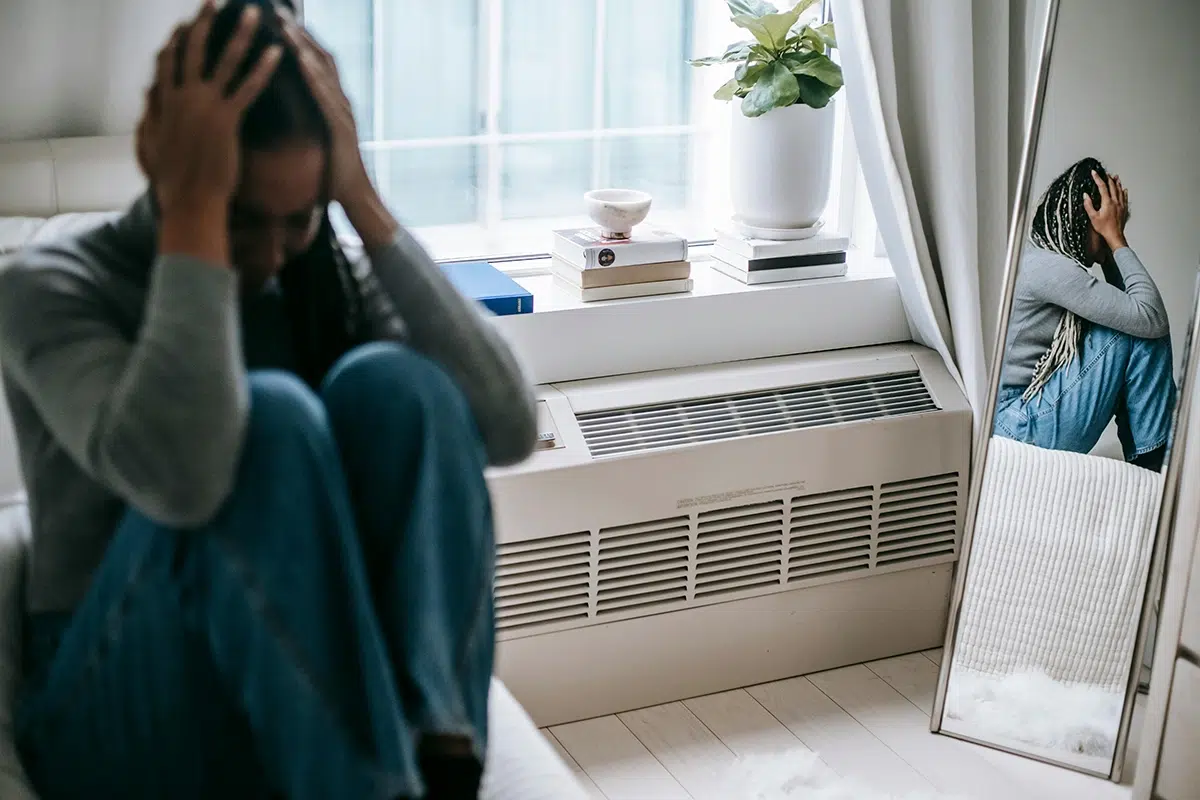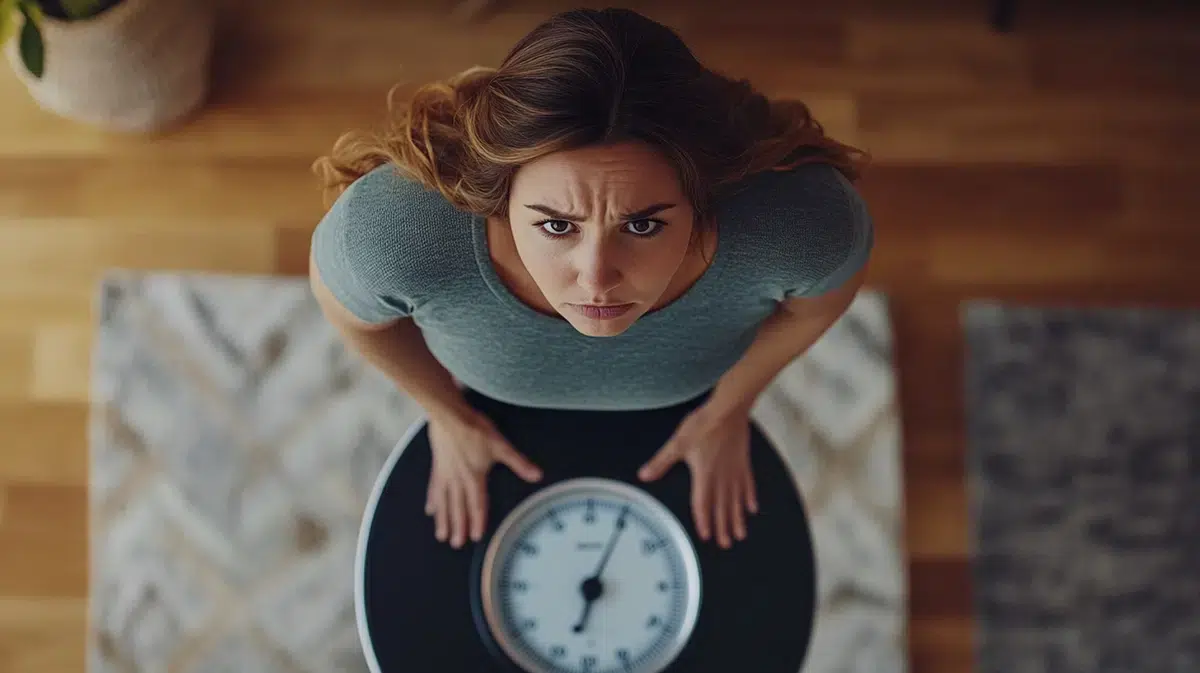Show summary Hide summary
What is the ideal calorie intake for dinner?
How many calories should I eat for dinner? How many calories should dinner be compared with the other meals of the day? How do you calculate your calorie intake for dinner, depending on your height, weight and whether you’re male or a female?

Once again, the popular myth that the evening meal must be poor is excessive. If there were a formula to sum up the perfect dinner, it would be “not too heavy! Nor too light! Moderation is the key”. After your evening meal, your body will have to wait around 10 hours for its next intake. So it’s important not to underestimate this meal, without turning it into a feast! This evening meal should ideally represent 35% of your daily intake, or 30% if you’ve had a snack. Calculate your ideal ration for dinner below!
Explore more REGIVIA tools:
- Daily calorie intake for weight reduction
- Macro calculator for daily needs
- Balanced diet information
- Daily energy expenditure calculation
What should we eat for dinner?

What are the best foods to eat for dinner?
A good evening meal should ideally be high in vegetables and lower in protein than at lunchtime. It’s also a good idea toavoid heavy meals that will prevent you from sleeping, which is why fatty foods should be avoided for both your figure and your sleep.
What does a healthy dinner look like?
- Fruit and vegetables should make up the majority of your evening meal (add some colour and you’ll get a variety of nutrients), and this can be an opportunity to make yourself a soup to turn dinner into supper.
- The protein portion should be less than the lunchtime ration (limit red meat, cold meats and cheese, which should be kept to a minimum, and dare to include vegetable proteins).
- Carbohydrates with a high glycaemic index should be kept to a minimum (opt for low glycaemic index carbohydrates with wholemeal grains, limit white bread and non-wholemeal pasta, which will raise blood sugar levels)
Other meals
Prioritising Nutritional Quality for Better Health
Focusing solely on calorie count can be misleading if the nutritional quality of the food is ignored. Emphasising unprocessed, whole foods helps avoid empty calories and supports a nutrient-rich diet. Choosing fresh, nutrient-dense foods ensures your body gets the vital nutrients it needs. A balanced diet plays a crucial role in maintaining good health and achieving sustainable weight loss goals. Understanding the concept of energy balance between calories consumed and burned is essential for a long-term, effective approach to weight management and overall well-being.












